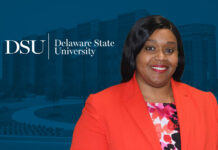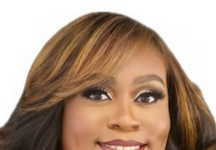 Students in a community service class in the political science department at the University of Rhode Island have collected 80 used bicycles for shipment to the African nations of Ghana and Uganda. Bikes are a valuable commodity in rural Africa for transporting food, medicine, and water.
Students in a community service class in the political science department at the University of Rhode Island have collected 80 used bicycles for shipment to the African nations of Ghana and Uganda. Bikes are a valuable commodity in rural Africa for transporting food, medicine, and water.
Ibrahim Nour, a junior at the University of Rhode Island who grew up in Chad, stated, “People here don’t understand the significance of a single bike. A bike can change the life of a person in Africa.”
The students studied the economic and political hardships faced by Africans and used their organizational skills to collect, store, and then arrange for the delivery of the bikes to the nonprofit organization Bikes Not Bombs in Jamaica Plain, Massachusetts. The bikes will be refurbished and shipped to Africa. In Uganda the bikes will be used by health care workers to travel to treat patients in rural areas.












